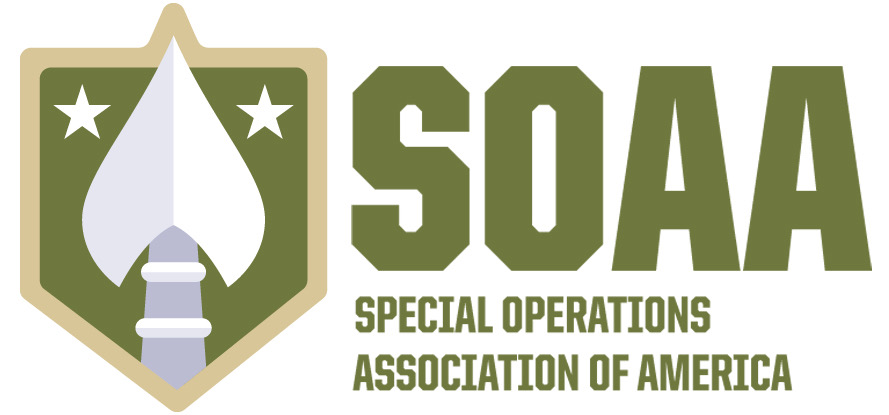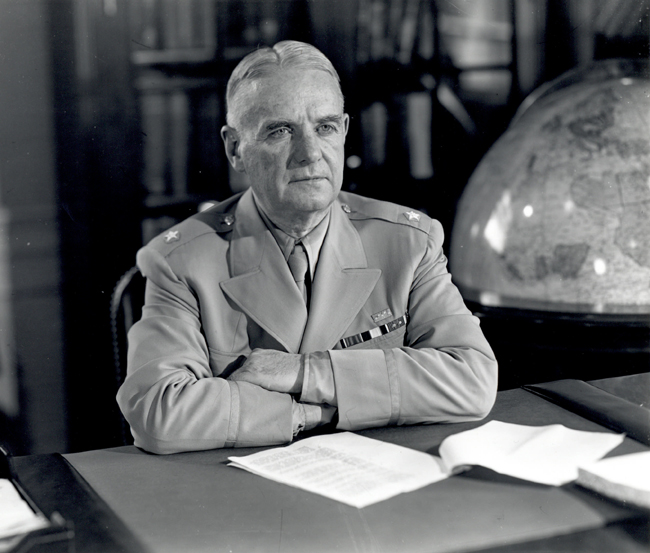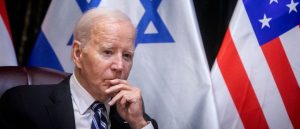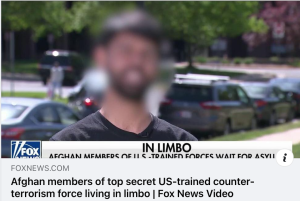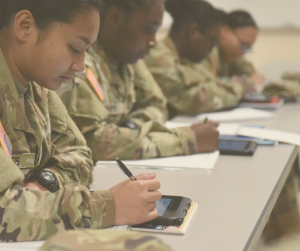Today, the Intelligence Community and Special Operations Forces are more collaborative than ever before, in major part because the ever-evolving nature of asymmetric conflict has transformed the nature of war. Starting in World War II, America foresaw the need for unconventional warfare and began developing a force that combined intelligence capabilities with operational elements to gather information, spread misinformation to hostile forces, and conduct clandestine operations. For the creation of this force, it is no exaggeration to give credit to one man in particular: Wild Bill Donovan. William J. “Wild Bill” Donovan is one of SOF’s forefathers who lead intelligence operations across Europe that helped secure an allied victory in World War II, brought justice at the Nuremberg trials, and created a little thing called the CIA.
Just as we’ve written about the historical precedent of Special Operations in American history, the American use of espionage and intelligence operations was anything but new at the onset of World War II. However, there was no centralized agency directing American intelligence operations; there was not even the notion for a fully realized intelligence community. Instead, intelligence was fragmented by each branch of the military, causing rivalry, lack of cooperation and limited strategic vision. In 1941, Donovan made the case for centralized American intelligence–the Office of Strategic Services (OSS)–stating that “modern war operates on more fronts than battle fronts. Each combatant seeks to dominate the whole field of communications. No defense system is effective unless it recognizes and deals with this fact.”
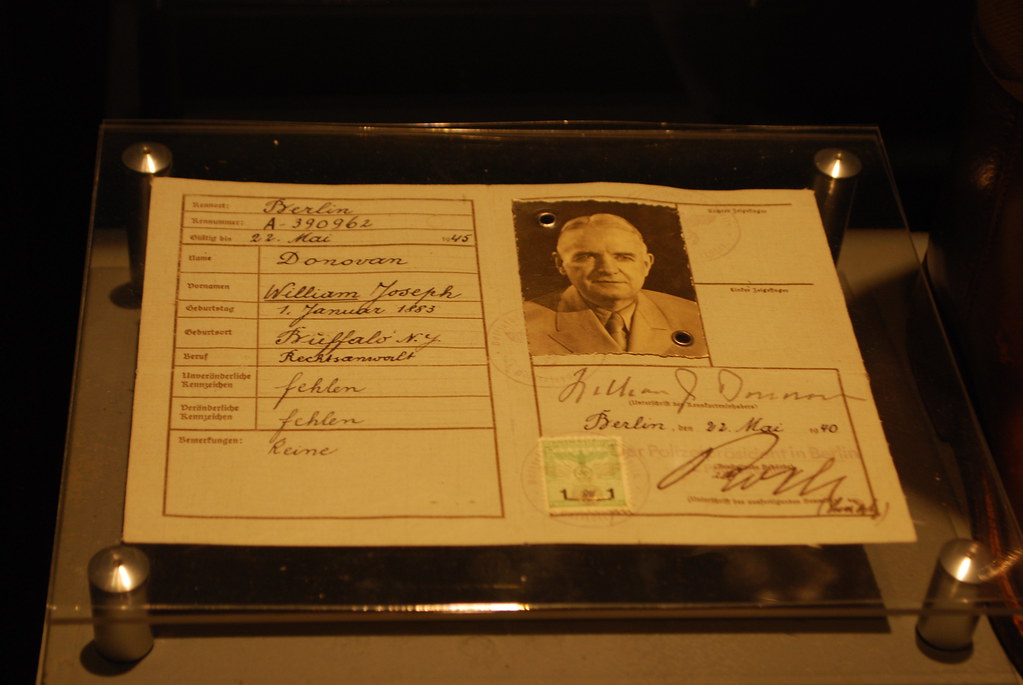
Several months after this statement, President Roosevelt agreed to the centralization of intelligence efforts, appointing Donovan via Executive Order as the “Coordinator of Information” (COI) of the OSS on July 11, 1941. The language of Donovan’s appointment intentionally presented a vague delimitation of his authority with respect to needs of national security. This allowed Donovan not just to collect information but to engage in all sorts of actions to obtain and act upon information vital to national security. Donovan would ultimately make the most of the executive order and implement what he had envisioned: offensive action including guerilla warfare, subversive operations, espionage, and sabotage. This was an unprecedented and fortunate action in American history–we had already lagged far behind our adversaries and our allies in the conventions of modern warfare. At the time we were last to establish a unified and independent organization to handle intelligence, propaganda, subversion, and guerrilla operations in modern war. Under Donovan’s leadership, the office of COI and the development of the OSS created a new normal of military operations: an independent strategic role, a fourth pillar alongside the Army, Navy and Air Force.
One would expect the forefather of the CIA to be a bit unorthodox, as most of the folks we’ve written about have tended to be, and it would be putting it delicately that Donovan had an anti-bureaucratic philosophy. He was a renegade because he saw the purpose, and therefore the needs, of the members of the OSS. Since he realized his agents would be asked to master new forms of warfare, Donovan was more interested in innovation than abidance of the status quo. He trained his members to think outside the limits of conventional conflict and employ new strategies, even if it meant failure. He was an inspiring leader, and the OSS patterned itself after his own passion for experimentation and the search for new possibilities.
Members of the OSS were regarded as innovators, explorers, and point people for allied covert operations during World War II. Throughout and after the war, Donovan’s OSS felt a sense of uniqueness, and camaraderie as members of an elite group, leading at the point of attack against the Axis threat. They were truly the tip of the spear and wore that honor proudly. We owe Wild Bill honor and respect for helping us get on track to becoming the best fighting force in the world.
